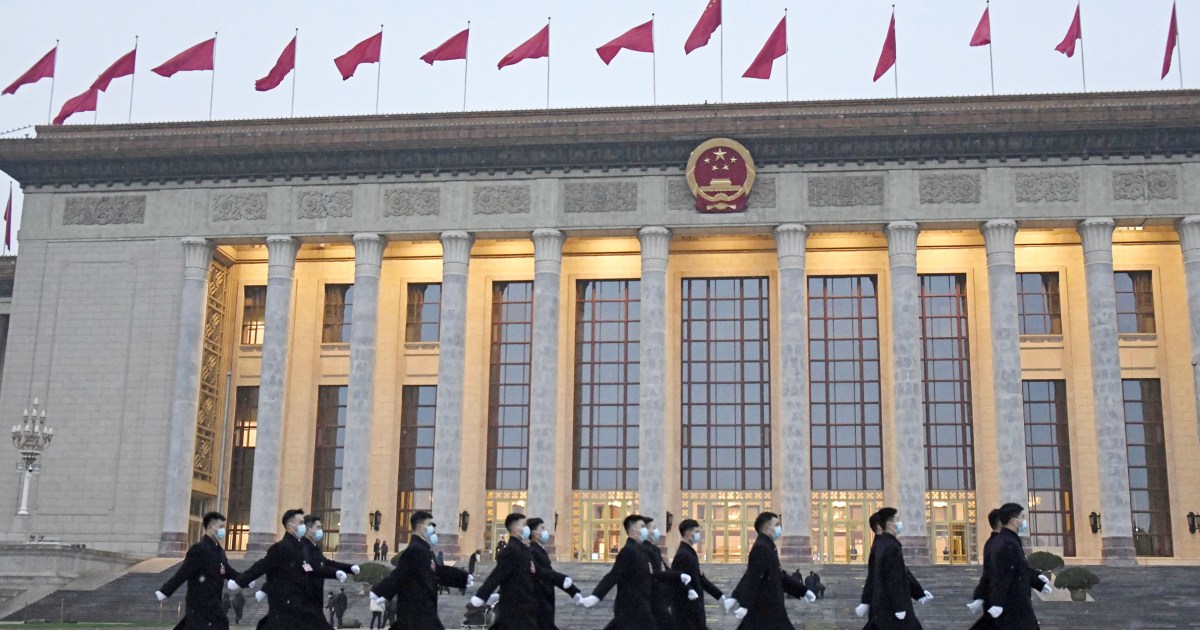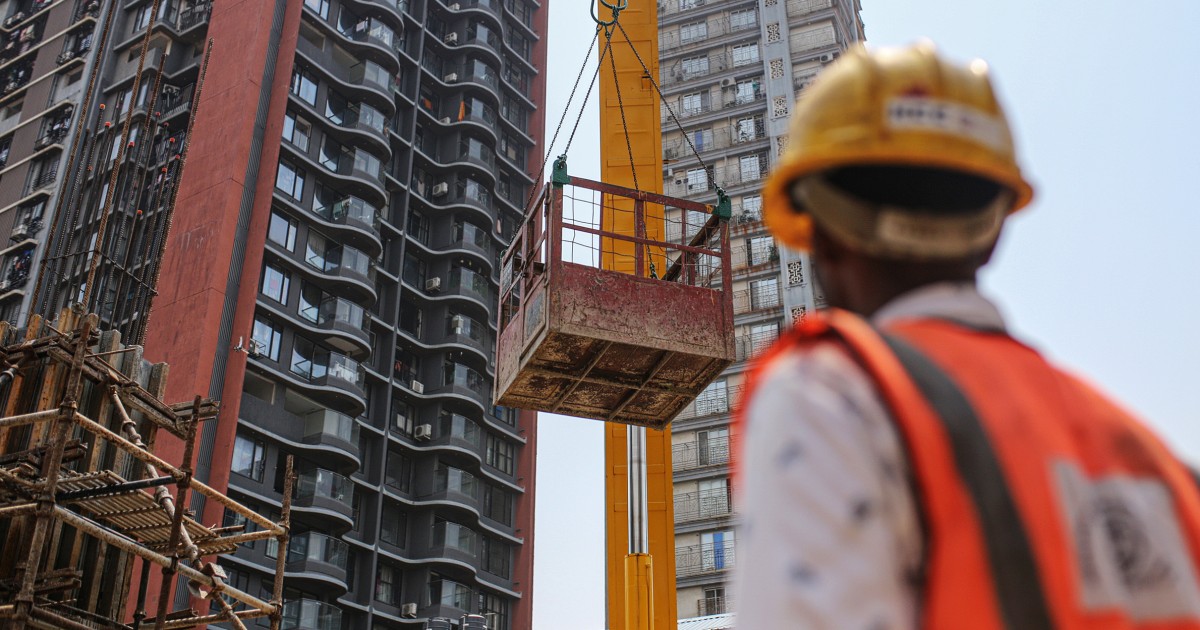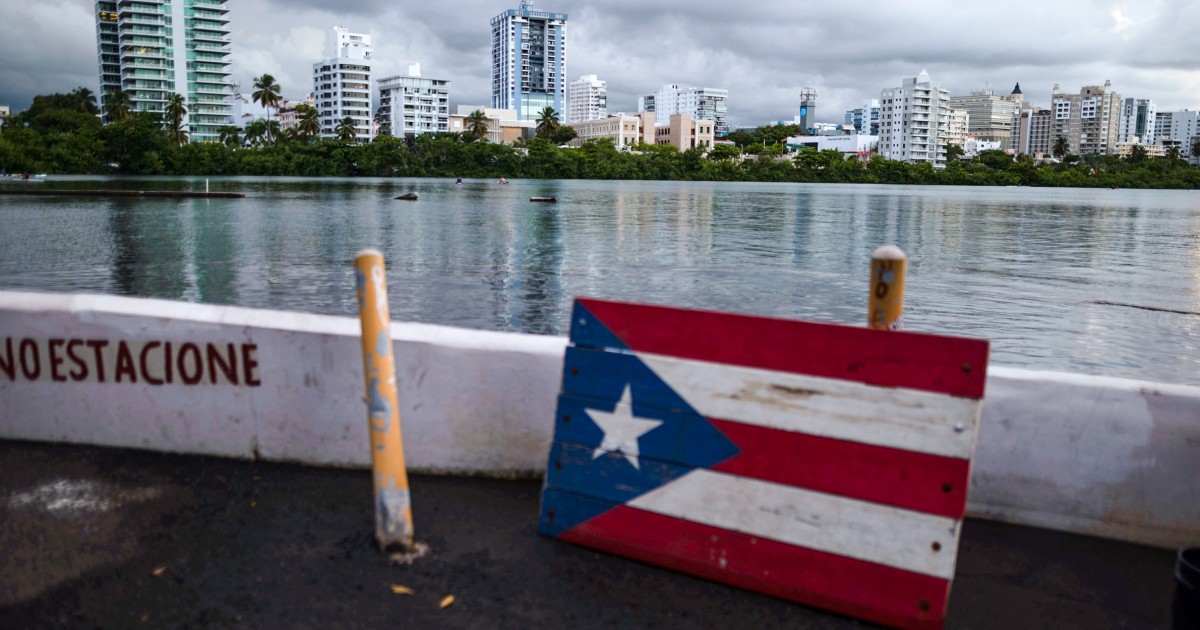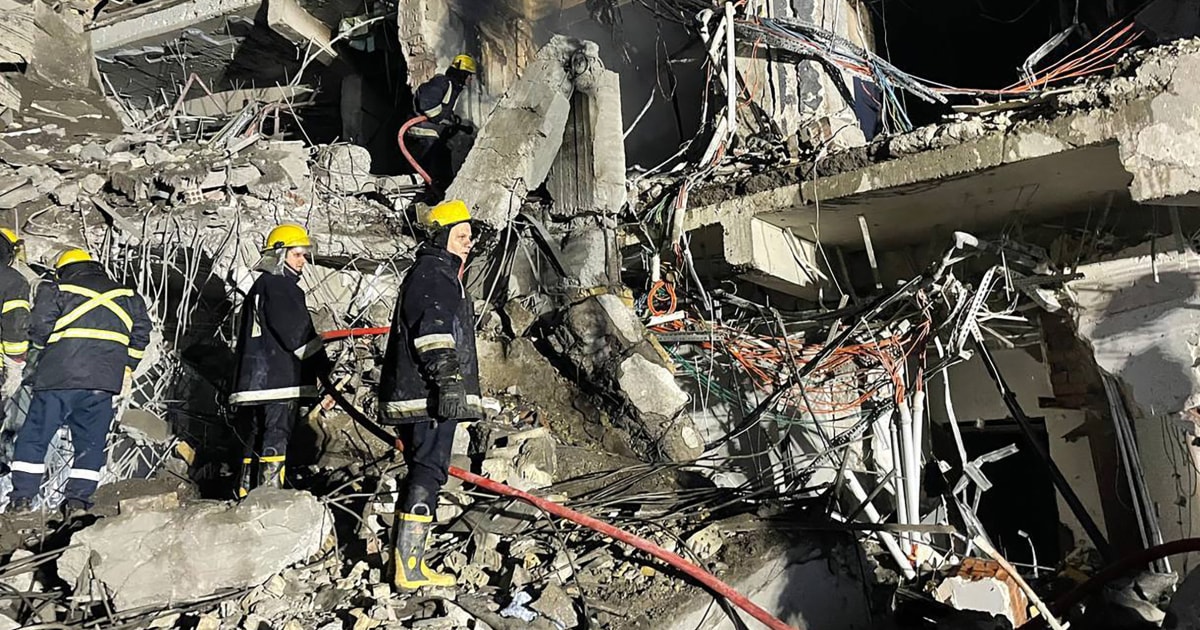Israeli, Palestinian and international human rights organizations have long condemned the practice of administrative detention, particularly when applied to children. And Palestinians in the West Bank describe it as one of many oppressive and humiliating aspects of life under military occupation.
“Israel is a country that routinely grabs kids and throws them in prison, with the ability to keep them there indefinitely without charge or trial,” said Diana Buttu, a lawyer and former adviser to the Palestine Liberation Organization.
Administrative detention is meant to deal with “domestic threats posed by individuals present in the West Bank, where alternative measures (including criminal proceedings) are unavailable,” two IDF lawyers wrote in a 2018 paper in the Journal of National Security Law and Policy, a peer-reviewed publication co-published by Georgetown Law and Syracuse University.
These detention orders are issued by Israel’s West Bank military commander, reviewed by prosecutors, and technically cannot exceed six months, the IDF paper said, although this period can be — and often is — renewed indefinitely, according to B’Tselem and other human rights groups.
“The authorities must make their decisions based on ‘clear, especially reliable and convincing’ evidentiary material,” the paper said, citing an Israeli court ruling from 2009. “A person may only be detained where there is near certainty that serious harm would be caused to state or public security unless that person is detained.”
The United Nations has said that according to international law, administrative detention can be used “only in emergencies, and only if a fair hearing can be provided where the detainee can challenge the allegations.” Michael Lynk, its previous special rapporteur for the Palestinian territories, said in 2020 it was “an anathema in any democratic society that follows the rule of law.”
However, the IDF lawyers wrote that Israel’s policies do “comply” with international law, which, they said, “does not prohibit administrative detention on security grounds” but says only that it “cannot be imposed arbitrarily and must be based on grounds and procedures established by law.”
Israel’s use of administrative detention was increasing even before Hamas’ attack Oct. 7, according to data compiled by the Israeli human rights organization B’Tselem: In September, Israel was holding approximately 1,310 Palestinians in administrative detention, of whom just 23 were minors, according to the organization, which compiles its reports from data provided by the Israel Prison Service.











